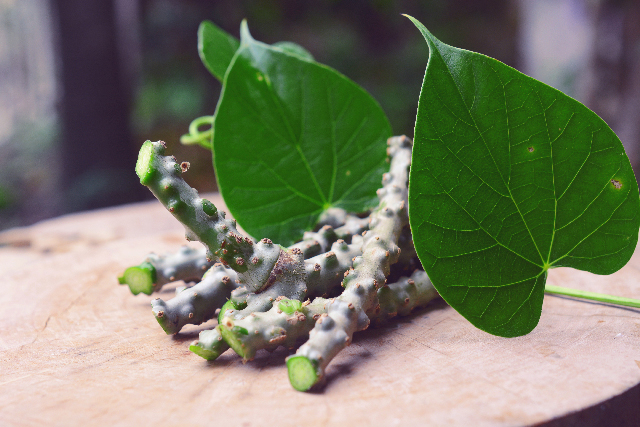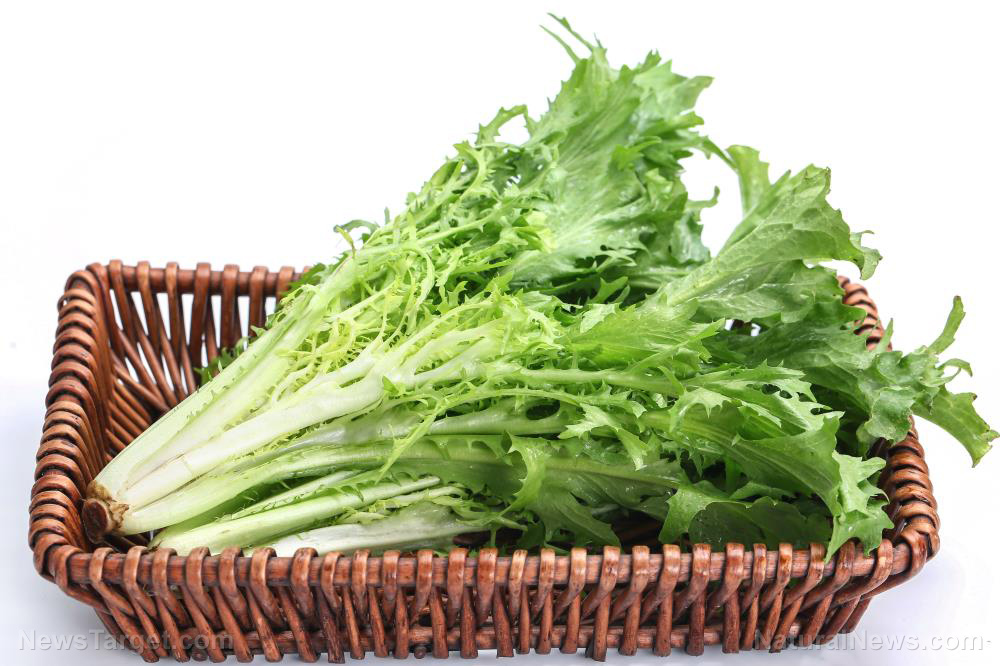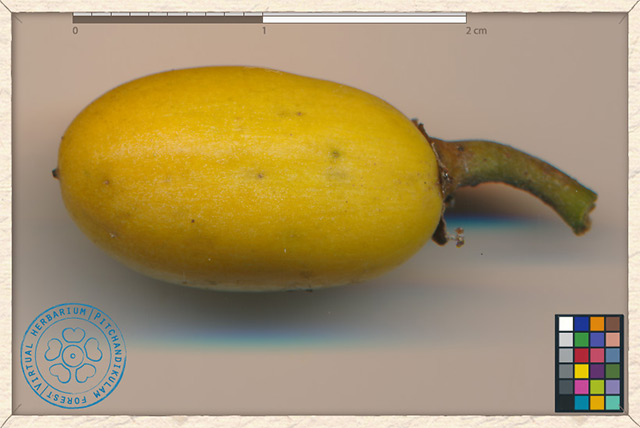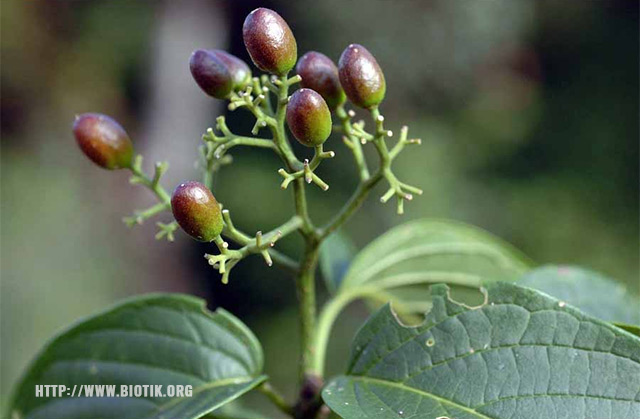Antioxidant-rich belimbing dayak, a Malaysian fruit, can help lower bad cholesterol
05/22/2019 / By Ralph Flores
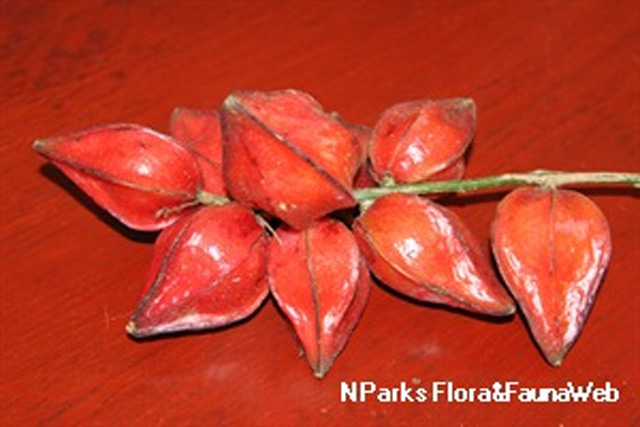
Antioxidants are all the rage these days, and for most people, it means lining up to buy blueberries and strawberries – even in areas where they can be expensive.
Fortunately, penny-pinchers who would still like to have more antioxidant-rich foods don’t need to look any further than their local produce. A recent study in Malaysia, in particular, revealed that a fruit endemic to their region can be used against elevated cholesterol levels in the blood. The study, which appeared in the journal Nutrition Research, identified Baccaurea angulata – locally referred to as belimbing dayak – to have anti-hypercholesterolemic properties. Researchers from the International Islamic University Malaysia and Lincoln University College investigated how B. angulata fruit juice can affect biomarkers for cholesterol in vivo.
Hypercholesterolemia, which refers to the state of having elevated levels of cholesterol in the blood, is a prevalent condition in the U.S., especially among younger adults. Data from the Centers for Disease Control and Prevention reveal that more than 12 percent of all adults over the age of 20 have high cholesterol levels. The American Heart Association, in their latest clinical guidelines for cholesterol management, suggests keeping total cholesterol levels below 200 milligrams per deciliter (mg/dL) of blood. Unfortunately, at least 95 million adults in the U.S. have total cholesterol levels over 200 mg/dL, with 29 million of them having levels higher than 240 mg/dL. Having high cholesterol in the blood, in particular, low-density lipoprotein (better known as “bad” cholesterol) can increase the risk of atherosclerosis, even cardiovascular disease, if left untreated.
Mother Nature's micronutrient secret: Organic Broccoli Sprout Capsules now available, delivering 280mg of high-density nutrition, including the extraordinary "sulforaphane" and "glucosinolate" nutrients found only in cruciferous healing foods. Every lot laboratory tested. See availability here.
For the study, researchers built on previous evidence supporting the health benefits of B. angulata, in particular, its positive effects on cardiovascular health. One of their earlier studies, published in Lipids in Health and Disease, revealed that B. angulata has potential anti-inflammatory and anti-atherogenic properties and can be used to develop functional foods that will help manage total cholesterol levels. In another earlier study published in the European Journal of Nutrition, the authors wrote that the B. angulata fruit has potent antioxidant properties, which help attenuate the effects of diet-induced oxidative stress.
For this study, the researchers explored the effects of B. angulata fruit juice on total cholesterol using a leporine model. In the experiment, researchers treated rabbits to a high-cholesterol diet which they supplemented with B. angulata fruit juice. The experiment ran for three months, during which the researchers measured biomarkers for total cholesterol in the blood and compared them with baseline values. They found that rabbits treated with B. angulata fruit juice had better serum and tissue lipid profiles, as well as improved levels of biomarkers associated with cholesterol. They also found that the effects were dose-dependent; rabbits that were given the highest amount of fruit juice received the most benefits. These results proved that the juice of B. angulata is an antioxidant-rich drink that can improve total cholesterol levels. It is also effective against hypercholesterolemia-associated hematological and biochemical alterations. (Related: The anti-obesity effects of ulam raja or “king’s salad,” a plant used in Malaysian cuisine.)
Antioxidant-rich foods that won’t break the bank
One of the biggest myths when it comes to eating healthy foods is that it has to be expensive. Nothing could be further from the truth. There are antioxidant-rich superfoods that are both common and affordable – you just have to know where to look. (h/t to OneGreenPlanet.org)
- Sweet potatoes: These root crops aren’t just affordable, they are also packed with nutrients including vitamin C, iron, magnesium, and vitamin B6. They’re also rich in beta-carotene and contain more potassium than bananas.
- Broccoli: It’s sage advice to eat your vegetables, and broccoli should be at the top of the list. It’s full of compounds that help improve liver and digestive health, and it’s an excellent source of B-vitamins. It’s also ridiculously easy to cook – you can even eat it raw.
- Apples: While other fancier-sounding fruits promise to be full of health benefits, many people don’t realize that these benefits can be found in apples. They contain more fiber than spinach and kale, which help with satiety and reduce cholesterol levels.
It’s also a great idea to visit your local farmer’s market and see what they’re selling: It’s one of the best places to get naturally healthy produce. Here are nine ways to make the most of your trip.
Sources include:
Tagged Under: alternative medicine, anti-obesity, Baccaurea angulata, belimbing dayak, cholesterol, disease treatments, fightobesity, food cures, food is medicine, functional food, hypercholesterolemia, natural cures, natural medicine, remedies




